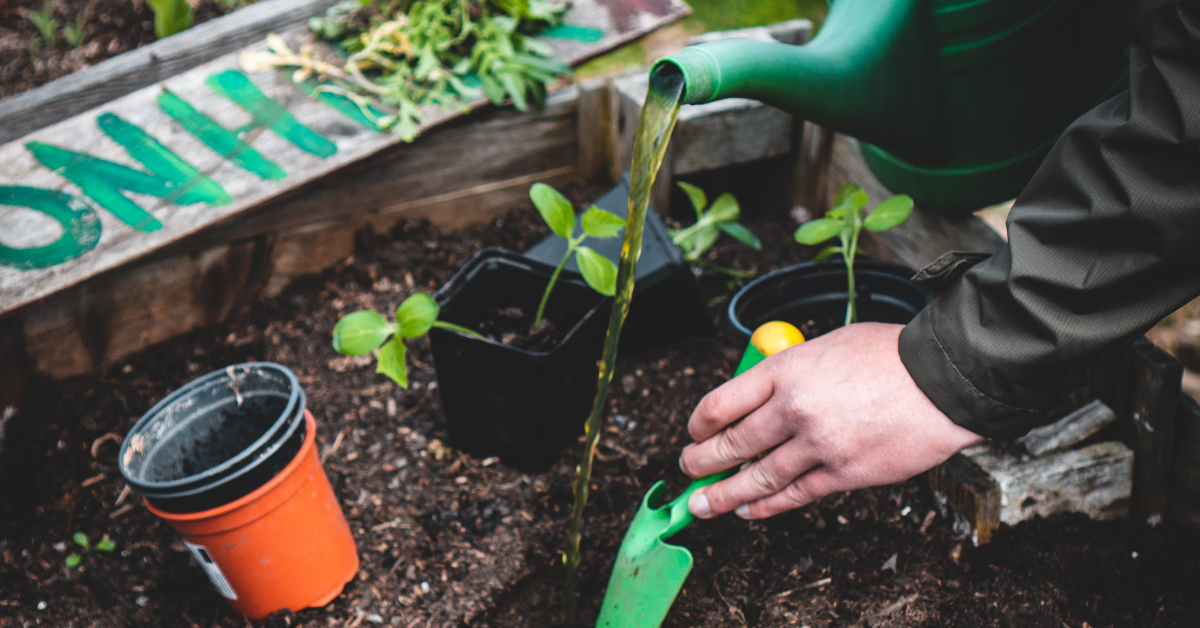Event
LUCSUS Seminars at Lund University
 Urban gardening. Photo:
Jonathan Kemper / Unsplash
Urban gardening. Photo:
Jonathan Kemper / Unsplash
Date: April 21, 2022
Issues ranging from climate change and pandemics to finance and digitalization often evoke notions of ‘the global’. Yet, though global, these processes are always grounded in the local; emerging from, having an impact on, and transformed by concrete local contexts and experiences. Connecting the global with the local is central to LUCSUS research and teaching. With this seminar series, we zoom in on the situated experiences, follow the connections, and tease out the relations that link-local with the global.
The seminar series covers topics ranging from climate justice, activism, and decolonization, to governance, health, and digitalization. The LUCSUS seminars are open for the public, held online and take place Thursdays from 11 am to 12 noon.
Together We Green: How Communities Make Their Members Greener and More Satisfied with Life
Our everyday consumption is a vital part of the burden that we put on our planet. In Denmark, the consumption-based carbon footprint per capita is around 17 tons CO2 yearly – whereas almost 12 tons are a result from the individual consumption choices alone. These patterns and behaviours have proven to be very difficult to change, which partly originates in the fact that we as a society have put the responsibility mainly on individuals and not the collective or within groups. Therefore, Maria Toft and her colleagues from political science and anthropology have studied how social norms and communities can influence the environmental behaviour of citizens. Through a comprehensive statistical study and fieldwork, the study finds that being active in a green community, such as an eco-village or a food co-operation initiative can have a significant effect on one’s everyday consumption. In fact, income and community membership are some of the strongest influencers on environmental behaviour measured in carbon footprints. Some of the reasons behind this effect is that green communities often create a social and a physical infrastructure that make environmentally friendly choices more easily accessible. Furthermore, the study also indicates that life-satisfaction is high among members of green communities and is not dependent on consumption or even income. The study therefore also shows that it is actually possible to be happier with less. These findings have led the way to a new research idea that Maria wants to share with you – where she examines how to create the good life with less and how to govern sustainable societies in a radical new way.
Speaker
Maria Toft is a PhD Fellow at the Department of Political Science at University of Copenhagen. She studies environmental behaviour, environmental movements and governance. In her work, she collaborates with practitioners within the field i.e. ecovillages, food-cooperative initiatives and other environmental networks in civil society – thereby studying the questions of green transformations from a bottom-up perspective. She employs a range of various methodological tools and perspectives: Statistical and quantitative methods, fieldwork and interviews, network analysis and text analyses. Theoretically, she views herself as an interdisciplinary social scientist with the core focus of explaining the two questions: how environmental behaviour changes through collective action and how to create the good life with less. See Maria explain her research here.
Venue
The seminar will take place in Wrangel, Biskopsgatan 5, room 117.
If you are interested in participating online please contact (if you participate in person, you do not need to register).
